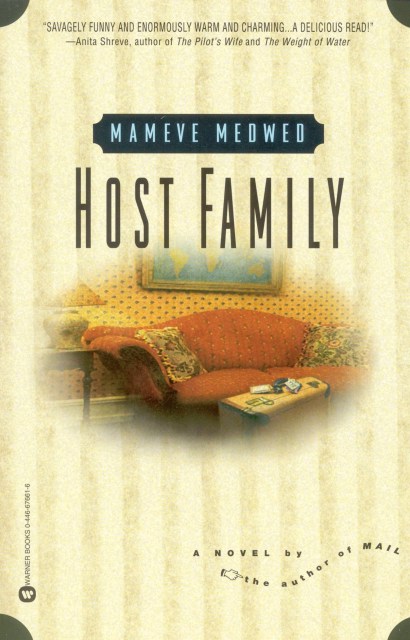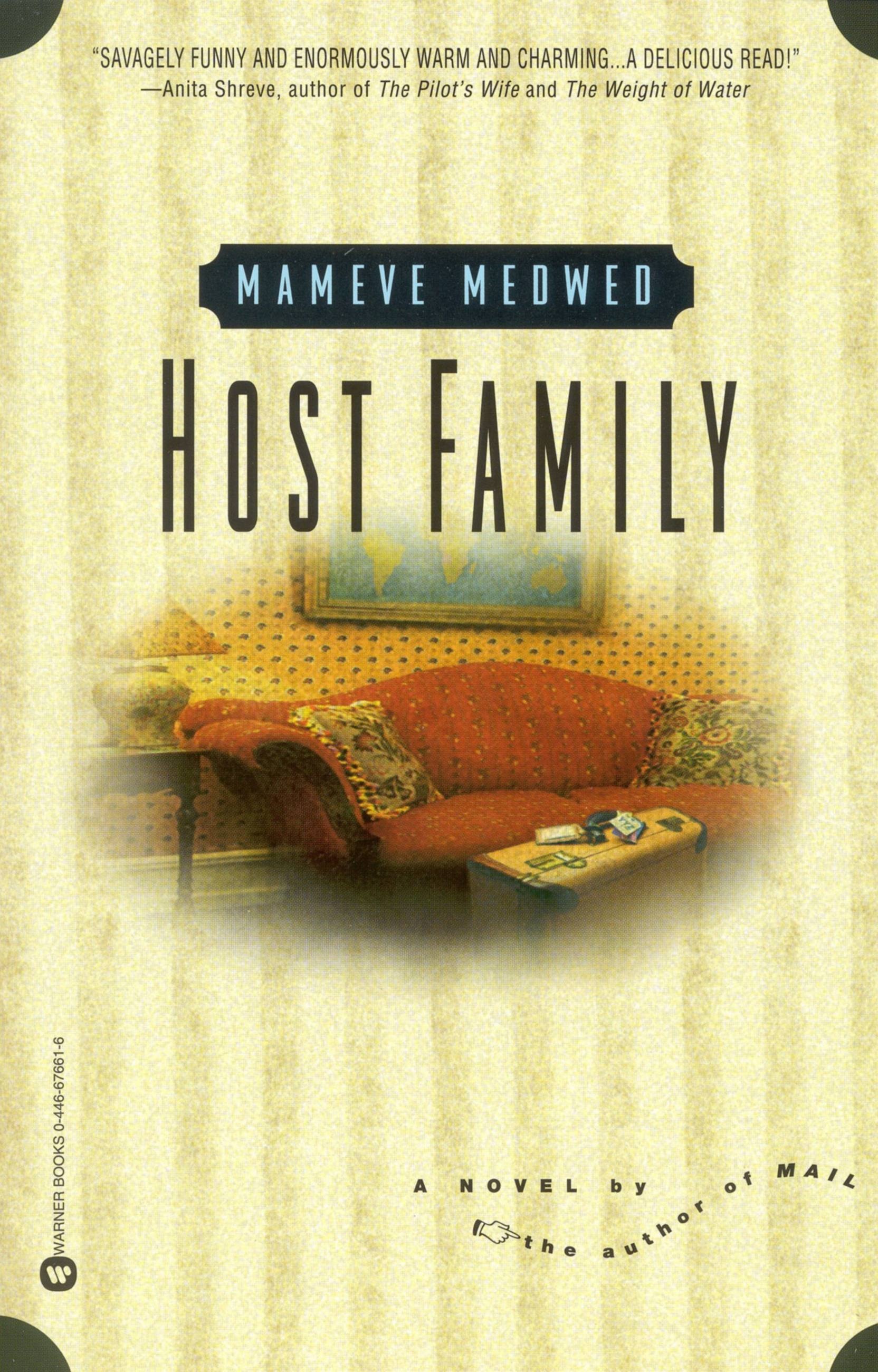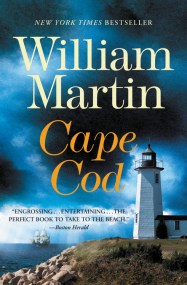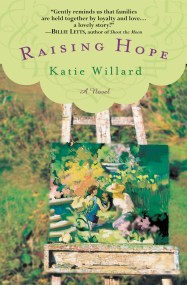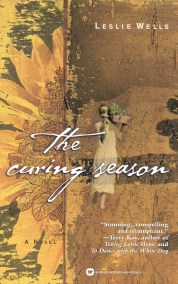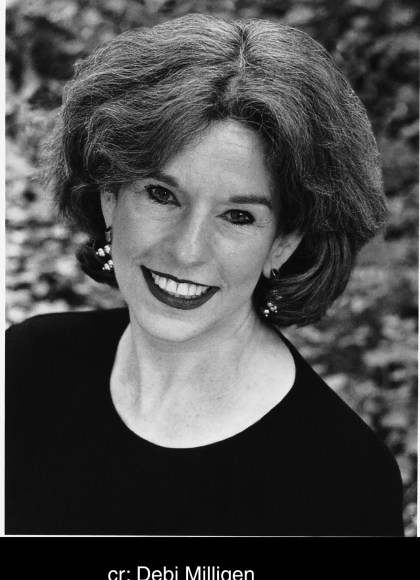By clicking “Accept,” you agree to the use of cookies and similar technologies on your device as set forth in our Cookie Policy and our Privacy Policy. Please note that certain cookies are essential for this website to function properly and do not require user consent to be deployed.
Host Family
Contributors
Formats and Prices
- On Sale
- Jan 1, 2001
- Page Count
- 320 pages
- Publisher
- Grand Central Publishing
- ISBN-13
- 9780446676618
Price
$21.99Price
$28.99 CADFormat
Format:
- Trade Paperback $21.99 $28.99 CAD
- Hardcover $36.00 $46.00 CAD
This item is a preorder. Your payment method will be charged immediately, and the product is expected to ship on or around January 1, 2001. This date is subject to change due to shipping delays beyond our control.
Buy from Other Retailers:
Daisy and Henry Lewis have welcomed foreign exchange students studying at Harvard into their home for twenty years. Along with their beloved son Sammy, Daisy and Henry have always thought of themselves as a model American family unit. That is, until Henry leaves Daisy for a French exchange student. All is not lost, however, as Daisy finds romance with a Harvard parasitologist named Truman. Daisy’s son and Truman’s daughter become lovers, making the circle of love complete. But when another international student enters the scene, partners split apart and come together in all sorts of symbiotic combinations.
Newsletter Signup
By clicking ‘Sign Up,’ I acknowledge that I have read and agree to Hachette Book Group’s Privacy Policy and Terms of Use
